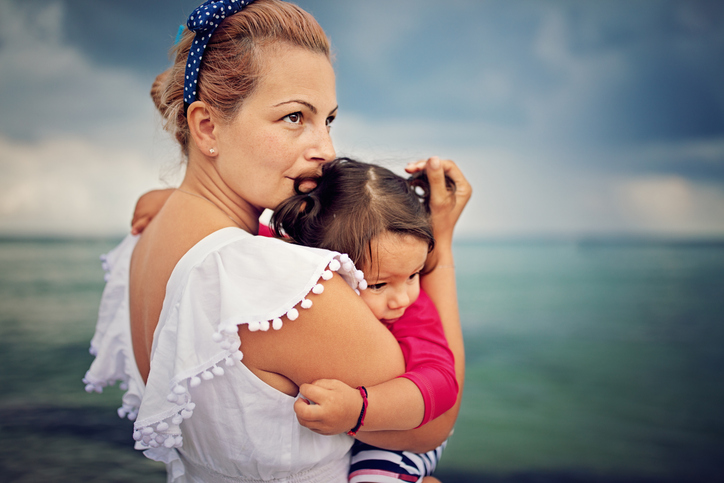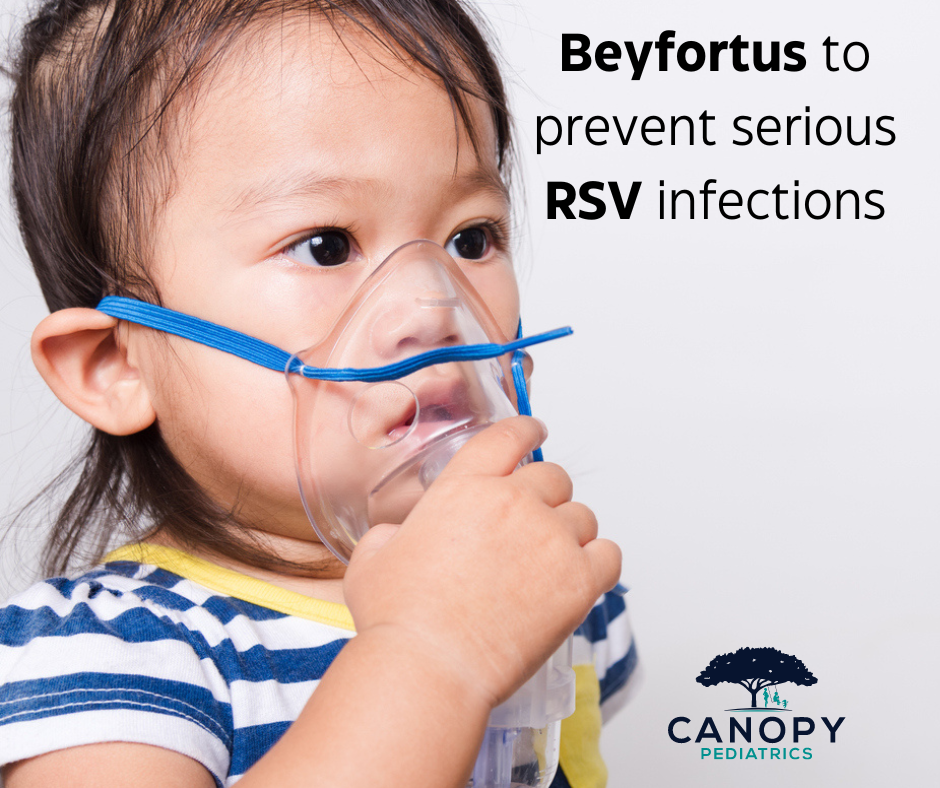The aftermath of Hurricane Helene can be overwhelming for families, especially for children who may not fully understand what has happened. As a pediatric practice, Canopy Pediatrics is here to support you and your children during this challenging time. Here are some ways families can help their kids cope with the emotional and psychological impacts of the hurricane.
1. Create a Safe Space
Establish a calm environment at home where your children can feel secure. Encourage them to express their feelings about the hurricane, whether through words, art, or play. Listening to their concerns without judgment can help them process their emotions.
2. Maintain Routines
Children thrive on routine, so try to keep their daily schedule as normal as possible. The includes morning and bedtime routines. This can provide a sense of stability amid the chaos. Incorporate activities that your child enjoys to help distract them from stress.
3. Educate and Communicate
Talk to your children about the hurricane in an age-appropriate manner. Explain what happened and reassure them that they are safe now. Open communication can help alleviate fears and misconceptions.
4. Encourage Expression
Allow your children to express their feelings. This could be through drawing, writing, or talking. Validate their emotions by acknowledging that it’s okay to feel scared, sad, or confused.
5. Seek Professional Help
If your child is showing signs of prolonged distress, consider reaching out to a mental health professional. There are many psychologists in Tallahassee who can provide support. Here are a few resources you might find helpful:
- Tallahassee Psychology Group
- Dr. Alexandria (Alex) Meyer
- Dr. Jennifer Solomon
- Tallahassee Counseling Center
- FSU Anxiety and Behavior Clinic
- Dr. Marie Guilford
- Dr. Angela Henderson with North Florida Cares
- Elite DNA Behavioral Health
These professionals can offer coping strategies and additional support tailored to your child’s needs.
6. Access Medical Care if Needed
In case your child requires medical attention, whether for physical or emotional health, don’t hesitate to reach out for help. For adult medical care, Access Direct Primary Care can provide immediate care and support.
Conclusion
Hurricane Helene has left a significant impact, but with love, support, and the right resources, families can help their children navigate this challenging time. Remember that you are not alone—Canopy Pediatrics is here to support you and your family through every step of recovery.
For more information on how we can assist, visit our website at Canopy Pediatrics. Together, we can foster resilience in our children and help them thrive even after adversity.

